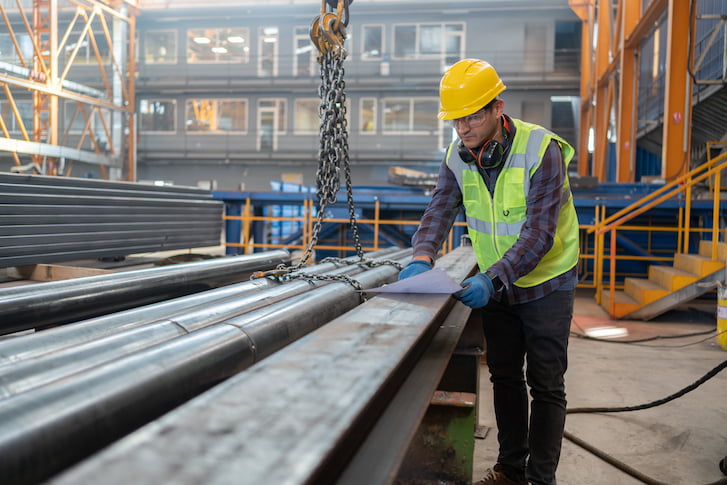A new criterion developed by Edith Cowan University (ECU) claims to remove the “guess work” in the feasibility of construction projects.
ECU Lecturer Dr Neda Kiani Mavi has created a system that can give medium and large-scale projects a greater chance of success.
The machine learning-based decision support system can forecast the success of mid- and large-scale construction projects based on their identified critical success factors and criteria.
“There is a need to clearly define and determine success factors and success criteria for construction projects to make project success measurement possible,” Kiani Mavi says.
Criteria for project success
In her research, Kiani Mavi identified 19 success criteria, which have been grouped into five clusters: project efficiency, business success, impacts on end-users, impacts on stakeholders, and impacts on the project team.
“Our findings reveal that project efficiency holds the highest importance, followed by impacts on the project team and stakeholders,” she says.
“Within project efficiency, effective risk management is ranked as the most crucial criterion. This enables organisations to manage and monitor risks effectively by employing strategies such as resource reallocation.”
The research revealed that large construction projects exceeding $200 million often surpassed their budgets by over 30%, with 77% of them lagging behind schedule by more than 40%, partly due to ineffective risk management practices.
However, Kiani Mavi says efficient and effective operations management can enable construction companies to achieve margins ranging from 20% to 30%.
Supporting the vital construction industry
The construction industry has been grappling with a difficult economic environment for several years, due to skills shortages, increasing operating costs fuelled by rising inflation and high interest rates, and industrial relations changes.
CCIWA’s September 2024 Business Confidence Survey found 77% of construction companies operating in WA reported skills shortages having hindered business growth.
“The inherent complexity and uncertainty of construction projects make them difficult to manage, even for experienced project managers,” Kiani Mavi says.
“The Australian construction sector is particularly affected by issues such as stagnant productivity growth and increasing pressures related to risk management.”
Kiani Mavi’s decision support system analyses the interrelationships among critical success factors and critical success criteria of construction projects, to forecast project success.
She notes that the early introduction of the application would allow for early intervention in a project, which could mitigate potential delays, cost overruns or other issues.
Dr Kiani Mavi’s research, as it appeared in the International Journal of Construction Management can be found here, while her research in Engineering, Construction and Architectural Management can be found here.
ECU is a Corporate Member of CCIWA.
To be part of WA’s peak business organisation, get in touch via 1300 422 492 or [email protected]













